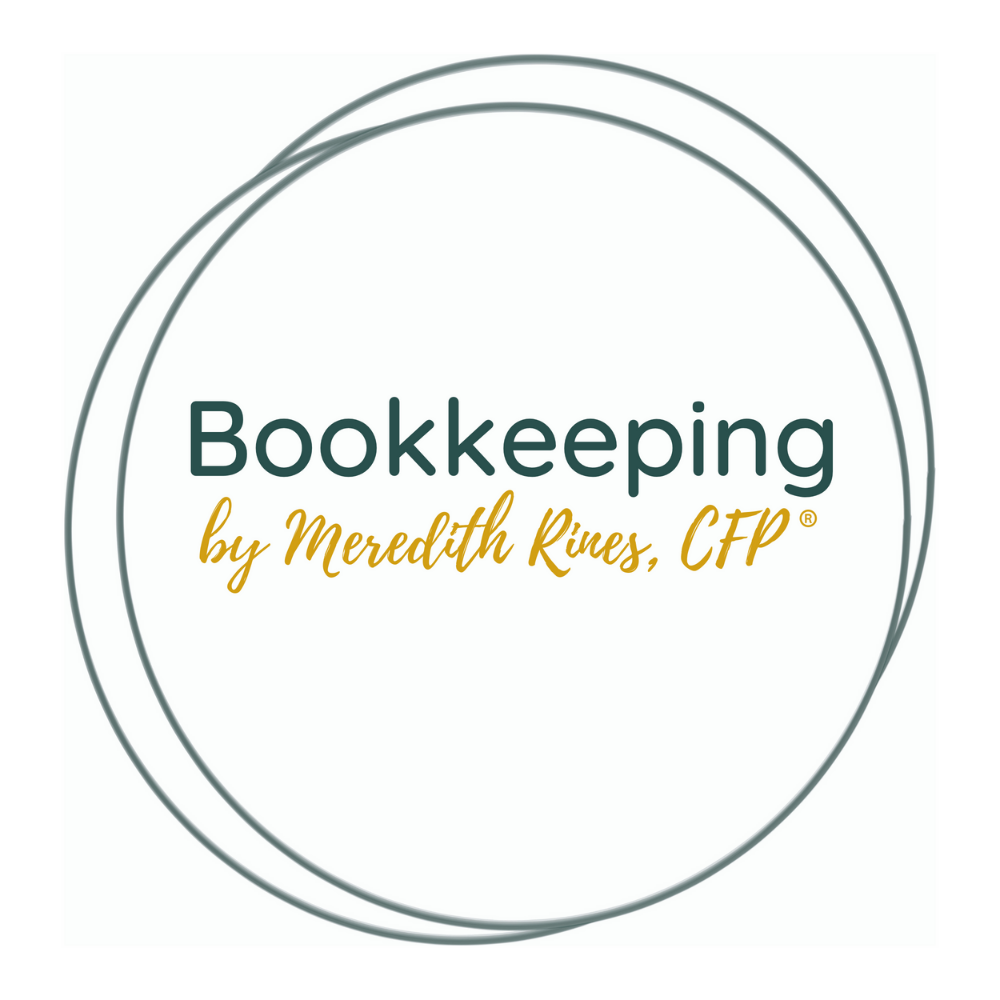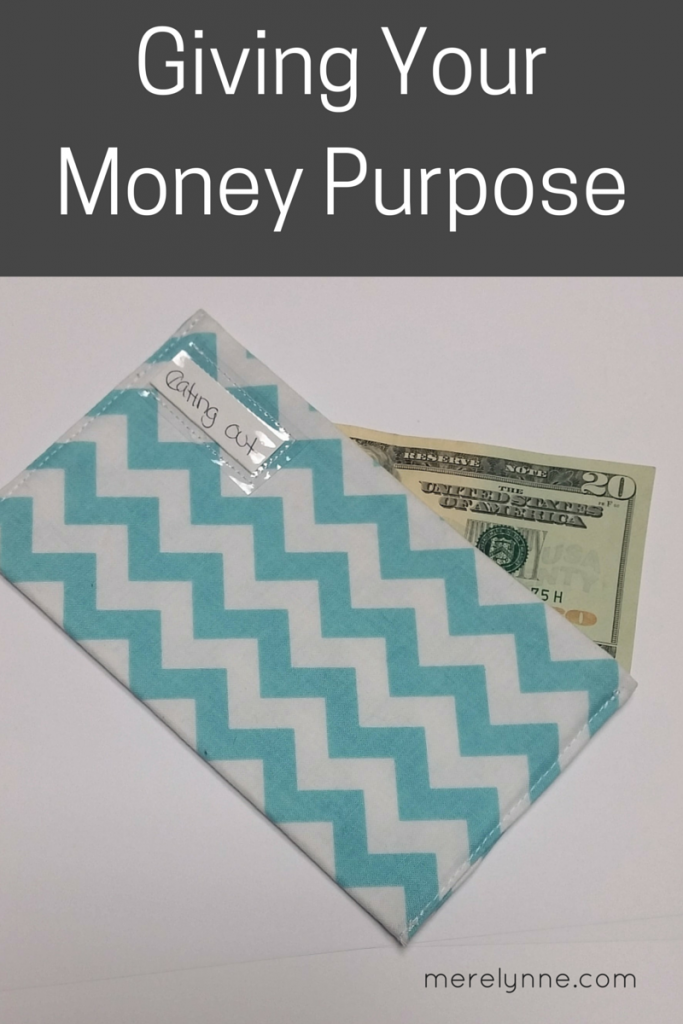No matter your personality type there is one thing you need to do with your money. Give it purpose.
I am very much a Type A control freak. I have my budget that I update at least once a week, a check register that I can access from anywhere, and a to-do list to go with every facet of my life.
I have friends that are complete opposite of me. They are free spirits who go with the flow. They don’t really think too much about next week or having a plan for the weekend, but that doesn’t mean they don’t want to have financial freedom.
This one piece of advice fits every personality out there and can really help you become successful:
Give every dollar a job. Giving your money a task is one of the most important money decisions you can make.
Of course, I’m bringing back the budget topic. I know budget is everyone’s least favorite B-word, but it’s too important to push under the rug. A budget assigns each dollar a purpose.
There is something you should know about having financial decisions – you have to tell your money what you want it to do. Don’t let money control you.
Creating a budget that works for you doesn’t have to take a lot of time, but you have to be realistic with yourself. The reason people assume budgets fail and why they do actually fail is because people have unrealistic expectations. It’s one thing to write down your income and expenses and guesstimate the amounts, but it’s a whole other beast when you have to live by it.
In your budget you need to be honest with yourself and what’s important to you. If going to Starbucks is a priority then create a category called “Starbucks.” If eating out is important to you then make sure to have that category. It’s your money and you can spend it anyway you want. However, you need to make sure all of your necessities are covered first. Rent, utilities, food, car payment, insurance, etc. I also recommend forcing yourself to save for a rainy day. By having an emergency fund available when something unexpected comes up then you don’t have to sacrifice something you love. It worked great for J and I when we woke up to our fridge not working.
Have you ever heard of a balance sheet? A lot of businesses use a balance sheet to see how they are doing. It compares their assets and liabilities. I’m a big fan of personal balance sheets, it’s where income and expenses balance out. You list your assets, income, debts, and payments. That’s what you need to be doing with your budget – listing everything out.
Your income and your expenses need to balance at the end of each month. When you’re creating your budget, make sure every single dollar is assigned to a category. So if you have $1,000 coming in every two weeks then in your budget you need to assign ever single dollar bill to an area. That means you need to have $1,000 going out – utilities, emergency fund, savings, rent, groceries, etc.
Spend your money on paper before actually spending it.
By sitting down and setting specific amounts you are going to be a step ahead in your finances. You will be able to actively make decisions involving your money instead of letting things happen to you. Money may be tight, you might be living paycheck to paycheck, but your finances should not send you into a panic attack. Remember, giving your money purpose will help you make smart financial decisions.
For more budgeting tips and how-to advice, click here.
Latest posts by Meredith Rines, MBA, CFP® (see all)
- How To 10X Your Productivity With This Simple Tool // Using A Red Line Graph - June 24, 2020
- Mini DIY Office Makeover [Photowall Review] - June 17, 2020
- How To Track Your Projects and Profit With Subcontractors - June 11, 2020





